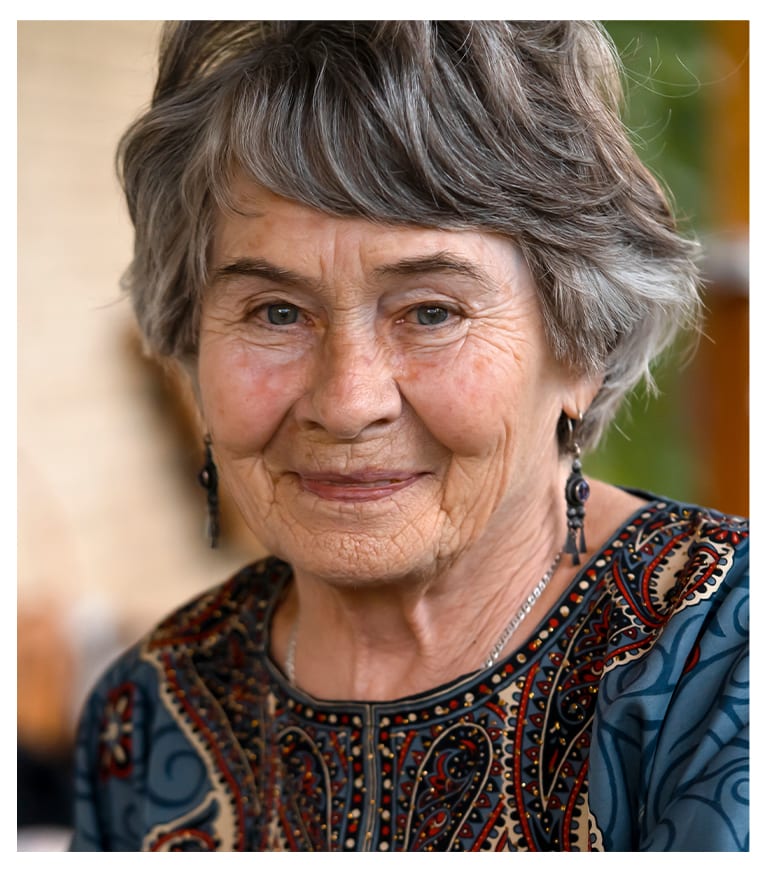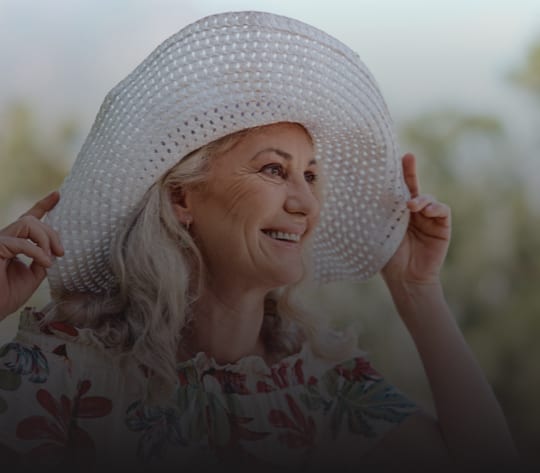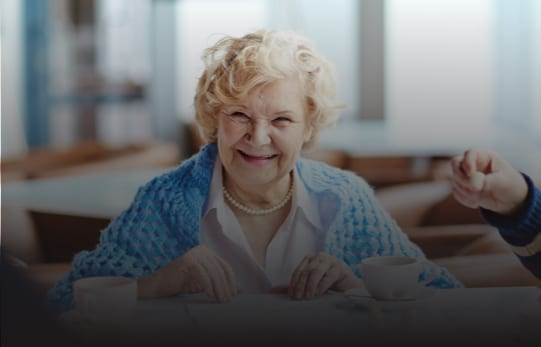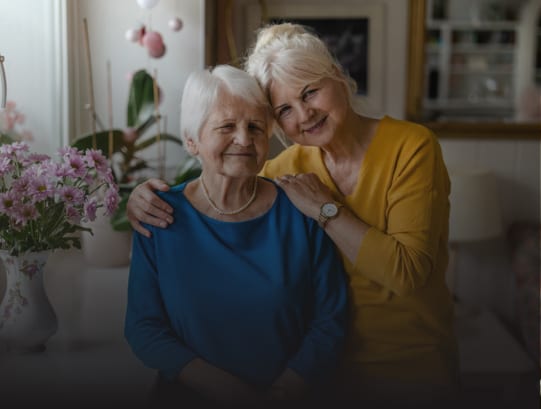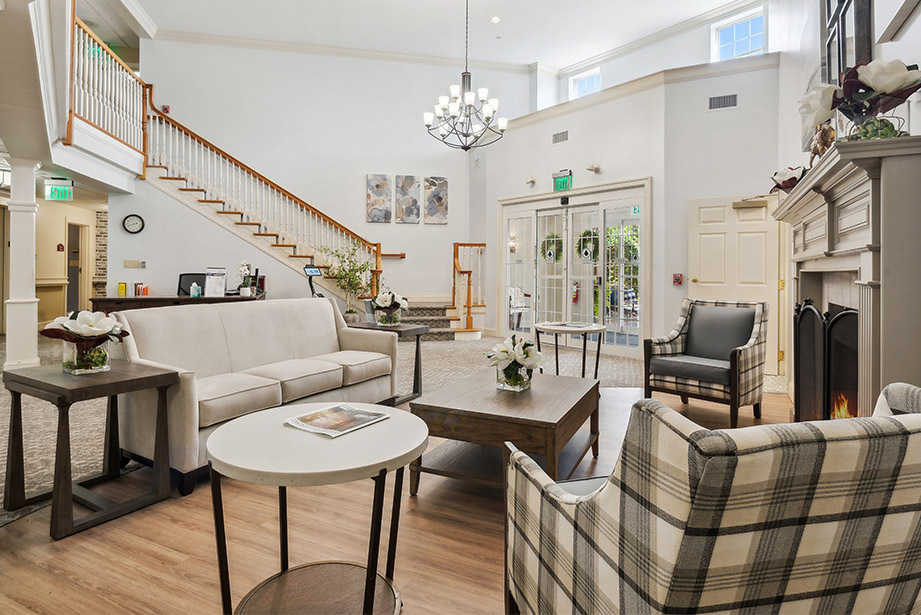Dementia is a prevalent condition with many different faces. The 7 stages of Lewy body dementia are:
- Little to no cognitive decline
- Very mild cognitive decline
- Moderate cognitive decline
- Moderately severe cognitive decline
- Severe cognitive decline
- End-stage or very severe cognitive decline
Understanding the stages of LBD is essential for providing effective care and support. Each stage presents its unique challenges, and knowing what to expect can help caregivers and healthcare professionals tailor their approach to the needs of their loved ones or patients.
Understanding Lewy Body Dementia
LBD is one of the most common forms of dementia, affecting more than a million Americans, though it remains lesser-known compared to Alzheimer’s and Parkinson’s diseases. Named after the abnormal protein deposits, known as Lewy bodies, that develop in brain cells, LBD leads to a decline in cognitive abilities and motor skills. These protein deposits disrupt the brain’s normal functioning, leading to a wide array of symptoms.
Overview of the 7 Stages of Lewy Body Dementia
The progression of LBD can be divided into 7 distinct stages, each characterized by specific symptoms and challenges. These stages range from early signs of mild cognitive impairment to advanced stages, where individuals may require round-the-clock care. Understanding these stages not only helps in anticipating changes but also prepares caregivers for the road ahead.
Little to No Cognitive Decline
The initial stage of LBD often goes unnoticed or is mistaken for normal aging. If there are changes at all, they are extremely subtle changes in memory, attention, and mood, making it difficult to distinguish from other conditions or normal aging. But early recognition of these signs is crucial for timely intervention and management.
Very Mild Cognitive Decline
The changes remain subtle as LBD progresses to stage 2, but they typically begin getting more noticeable at this stage. A senior is still unlikely to be diagnosed with LBD in this stage because symptoms can still be confused with other conditions.
Mild Cognitive Decline
As LBD progresses, individuals may experience more noticeable cognitive decline. Memory lapses, difficulty with problem-solving, and changes in visual perception become apparent. At this stage, individuals may still maintain independence but may require occasional assistance with complex tasks. A diagnosis is also possible during this stage.
Moderate Cognitive Decline
In the moderate stage of LBD, cognitive decline becomes more pronounced, affecting daily activities and social interactions. Individuals may struggle with language, exhibit changes in personality, and experience hallucinations or sleep disturbances. Support from caregivers and healthcare professionals becomes increasingly important.
This is often the stage where a doctor is able to provide an actual LBD diagnosis.

Moderately Severe Cognitive Decline
During this stage, individuals may experience significant thinking, reasoning, and communication impairments. They may find it challenging to recognize familiar faces, follow conversations, or complete basic tasks. Safety and personal care become primary concerns.
Severe Cognitive Decline
During the severe stage of LBD, an individual will likely rely heavily on caregivers. This stage typically lasts around 2.5 years, and a senior may experience significant changes in their personality.
End Stage
During the final stage, which lasts an average of 2.5 years, individuals may lose the ability to communicate and become increasingly dependent on caregivers. The focus shifts to providing comfort and quality of life, addressing pain management, and ensuring dignified care.
How the Stages Impact Daily Life
The stages of LBD profoundly affect not only the individuals diagnosed but also their families and caregivers. Daily life becomes a delicate balance of managing symptoms, maintaining routines, and providing emotional support. Communication may become challenging, leading to frustration and isolation.
Caregivers play an essential role in helping individuals maintain their independence and dignity. By understanding the unique challenges of each stage, caregivers can adapt their caregiving strategies and create a supportive environment.
Diagnosing LBD at Each Stage
Diagnosing LBD can be complex due to its overlapping symptoms with other neurological disorders. Healthcare providers rely on a combination of medical history, physical examinations, and neuropsychological tests to make an accurate diagnosis. Early detection is vital, allowing for timely interventions and access to appropriate treatments.
Current Treatments & Management Strategies
While there is no cure for LBD, various treatments and management strategies can help alleviate symptoms and improve quality of life. Medications, including cholinesterase inhibitors and antipsychotics, may be prescribed to manage cognitive and behavioral symptoms. Non-pharmacological approaches, such as cognitive therapy and physical rehabilitation, can also significantly contribute to maintaining function.
Find the Support Your Loved One Needs
Dementia, regardless of the type, can be a daunting diagnosis for any family. But knowing there’s support available can make a huge difference. By understanding the different stages of LBD, families are able to stay mindful of life changes and plan for the future.
Contact us today at Woodbridge Place if you and your loved one are considering senior living communities in Phoenixville. We’re happy to show you the community and how our compassionate caregivers can make a difference in your loved one’s life, regardless of their diagnosis.
